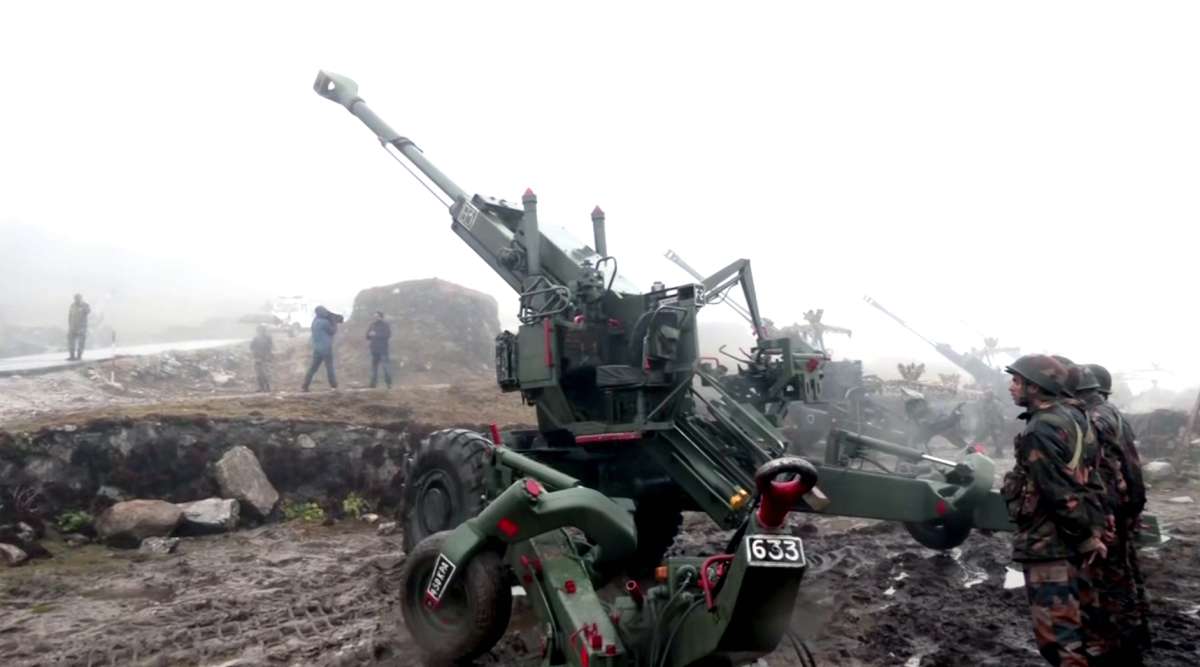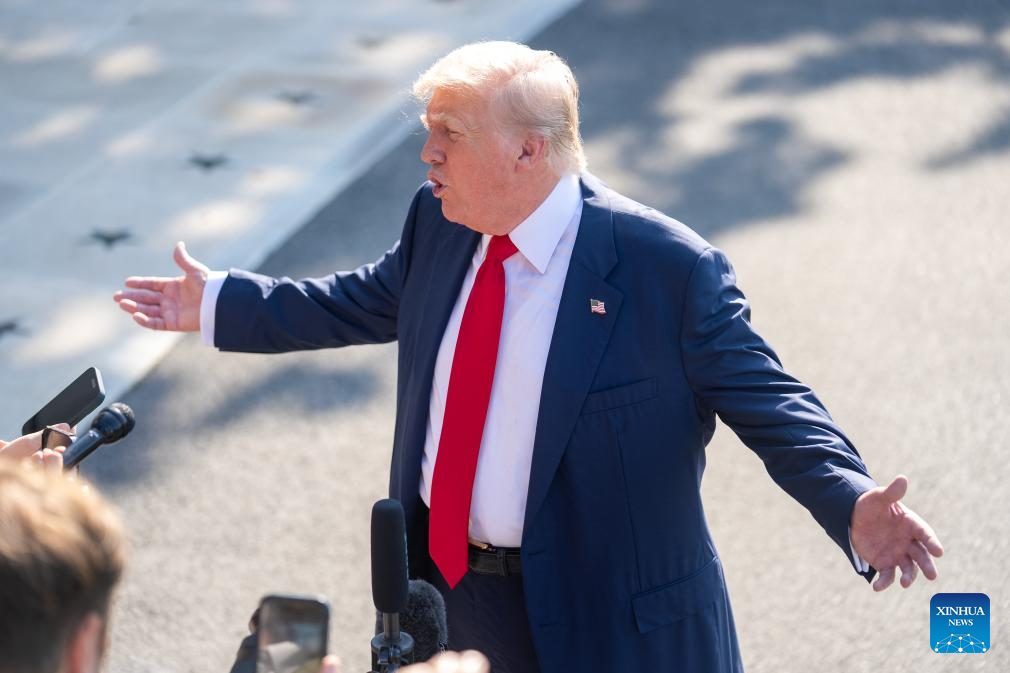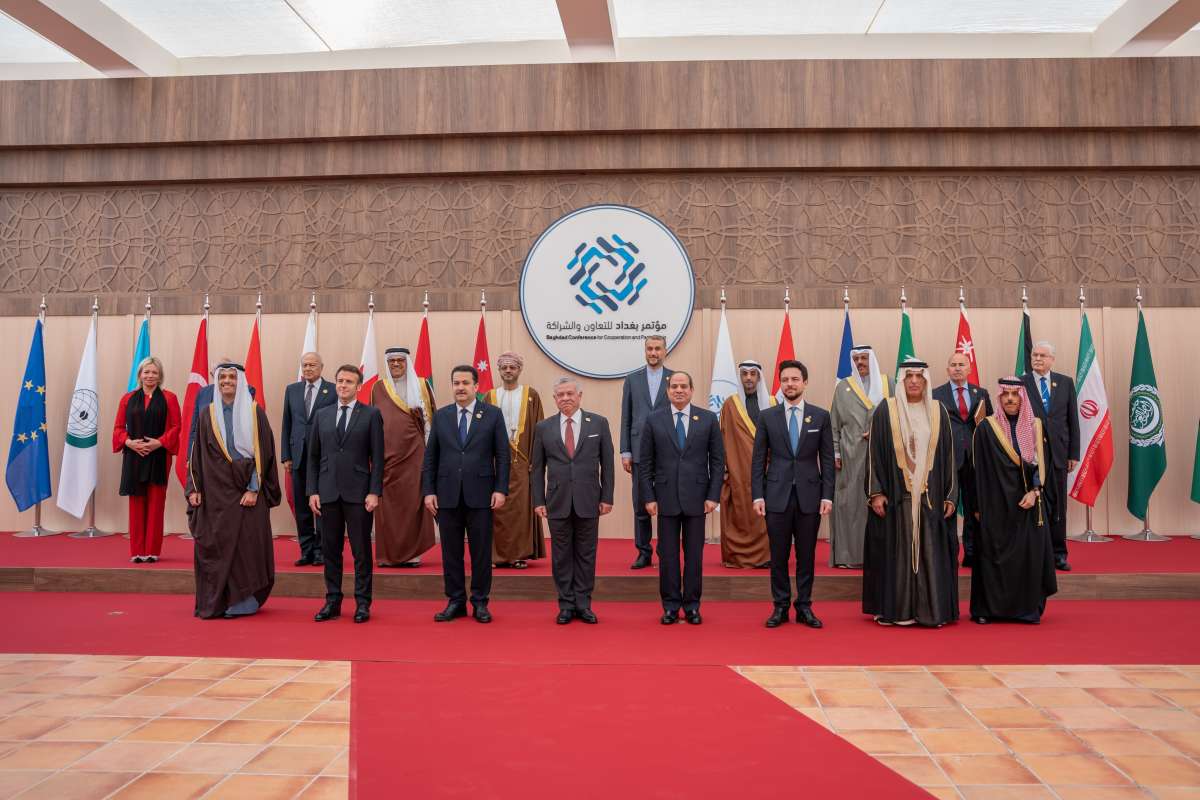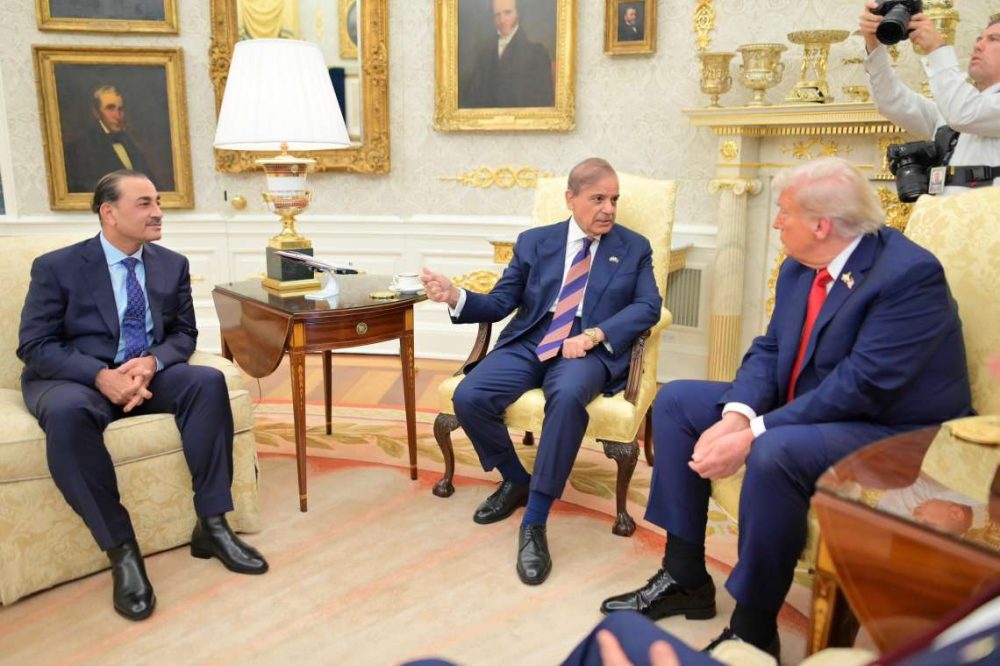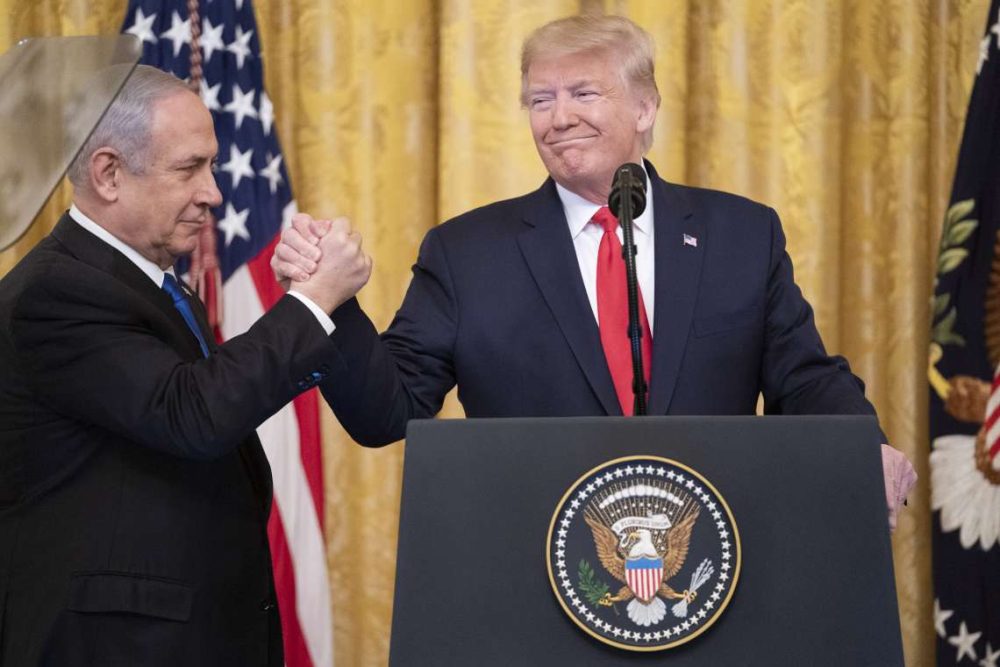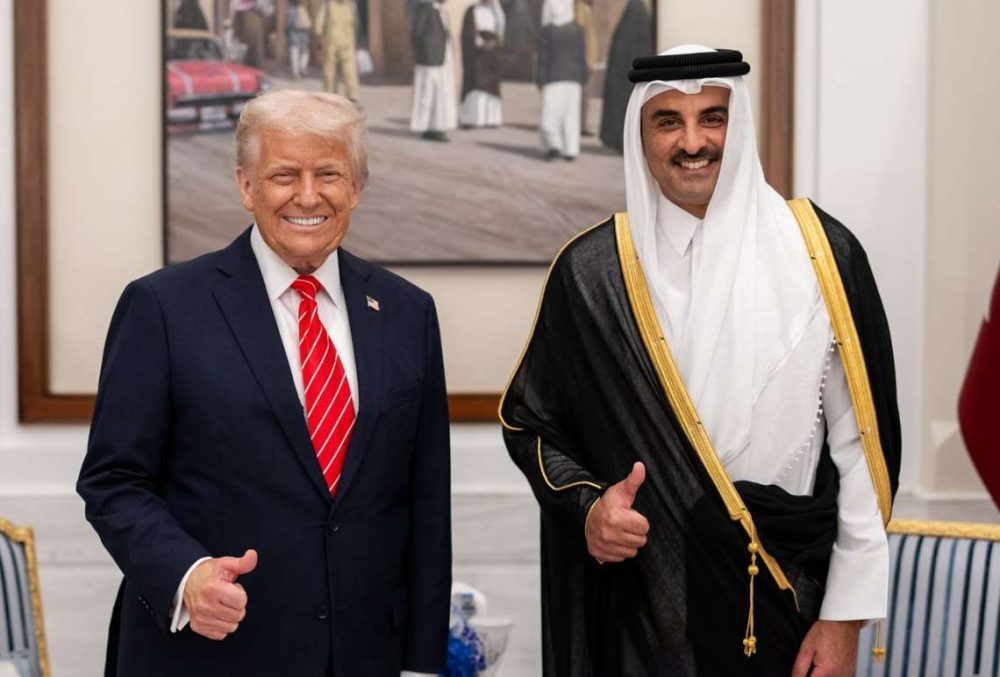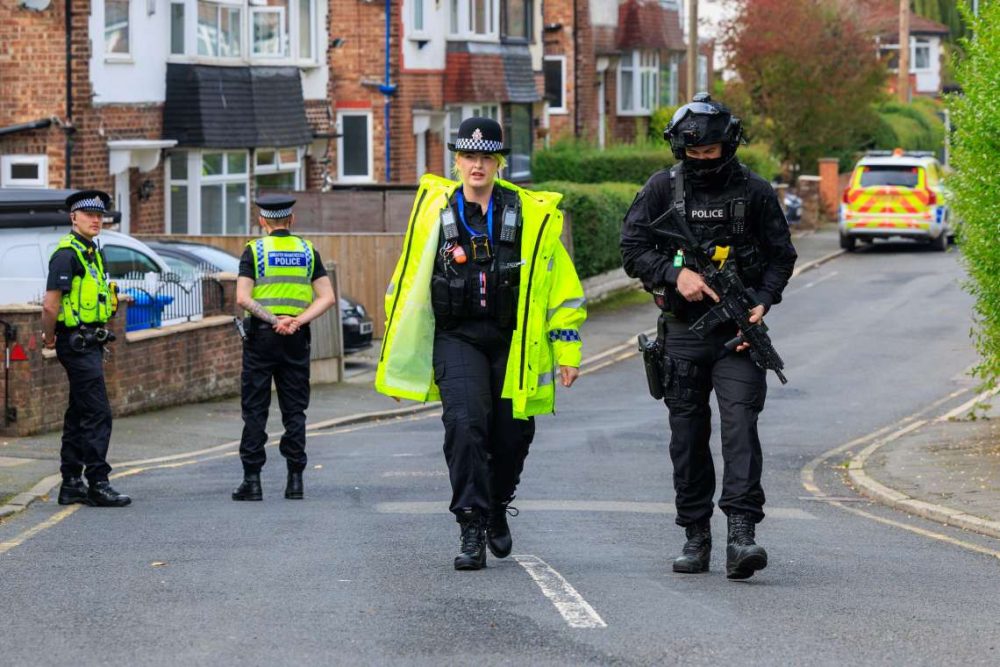The latest Caucus statement came in the backdrop of the December 9 clash where People’s Liberation Army troops came close to the LAC in Tawang Sector which was countered by Indian troops…reports Asian Lite News
China’s most recent aggression in Arunachal Pradesh is yet another reminder of why a strong security partnership with India is crucial to the national security of the United States and our allies, said the co-chairs of the India Caucus.
The Senate India Caucus is a bipartisan coalition that brings national attention to domestic and international issues that affect Indian and US economies and security. “The aggression marks yet another act of China’s threats to Indian territory, including China’s premeditated aggression on the Line of Actual Control (LAC) in 2020 which saw the deaths of approximately 20 Indian troops,’’ according to a statement of the India Caucus.
As co-chairs of the India Caucus has worked for years to deepen the US-India bilateral relationship. The India Caucus built on this progress by including the Khanna-Sherman-Schweikert amendment in the House-passed FY23 NDAA highlighting the immediate and serious regional border threats that India faces from China.
“We applaud the inclusion of Section 1260 in the FY23 Final Conference Report to strengthen military cooperation in critical areas like intelligence gathering, fifth generation aircraft, and emerging technologies to deter China’s aggression and encroachment in the Indo-Pacific region. The US and India share a unique bond as the world’s oldest democracy and the world’s largest democracy, and as co-chairs of the Caucus we will continue to grow our security engagement and bilateral ties,’’ the statement added.
The India Caucus was formed in 2004 by Senators John Cornyn and Hillary Clinton. It was the first country-focused caucus established in the Senate. It promotes a relationship between India and the US, based on mutual trust and respect, to increase close collaboration across a broad spectrum of strategic interests, such as combating terrorism and promoting democracy, economic development, human rights, scientific research, and natural disaster relief.
The latest Caucus statement came in the backdrop of the December 9 clash where People’s Liberation Army troops came close to the LAC in Tawang Sector which was countered by Indian troops. This face-off led to minor injuries to a few personnel from both the sides.
Union Defence Minister Rajnath Singh told the Paliament, “The Chinese side was asked to refrain from such actions and maintain peace and tranquillity along the border.”
Congress raises key questions
Meanwhile, Congress General Secretary Jairam Ramesh on Tuesday sought to know the Centre’s stance on Chinese transgressions and asked why wasn’t the Chinese ambassador issued a demarche.
“The External Affairs Minister (EAM) claims that relations with China are “not normal”. Then why have we never called the Chinese Ambassador and issued a demarche as we do with the Pakistan High Commissioner? Why is our trade dependence on China at a record high with imports at $95 billion in 2021-22 and the trade deficit at $74 billion? Why did our troops conduct military exercises with Chinese troops at Russia’s Vostok-22 exercise in September 2022? ” he wondered.
The Congress leader said he agrees with the EAM that the jawans should be “respected, honoured and appreciated” as they stand strong against our adversaries.
But where was the respect when Prime Minister Narendra Modi, after 20 Indian jawans gave up their lives defending the borders on June 19, 2020, said that no one has entered the border.
“The EAM says that we will not let China change the status of the LAC unilaterally. Has the status quo not been altered by Chinese troops 18 km deep in Depsang for the last two years? Is it not altered by the fact that our troops are unable to access 1,000 sq km of territory in eastern Ladakh that they earlier patrolled? Is it not altered by the fact that we have agreed to buffer zones that prevent our patrols from going to areas they previous could go to? When will the EAM unequivocally declare that restoration of the pre-2020 status quo is our objective?”
He alleged that the EAM said “we are pressuring China”.
“Why then do we have a purely reactive stance? Why did we withdraw from our advantageous position in the Kailash range without ensure a full restoration of the pre-2020 status quo? Why have we not been more aggressive and made counter-intrusions to compel the Chinese to withdraw as we did in 1986 and 2013? When will we stop legitimising Chinese aggression by referring to “differences in perception” rather than asserting our claim?” Jairam added.
ALSO READ-5-member Indian-American ‘Samosa Caucus’ in Congress


